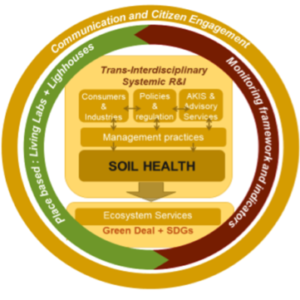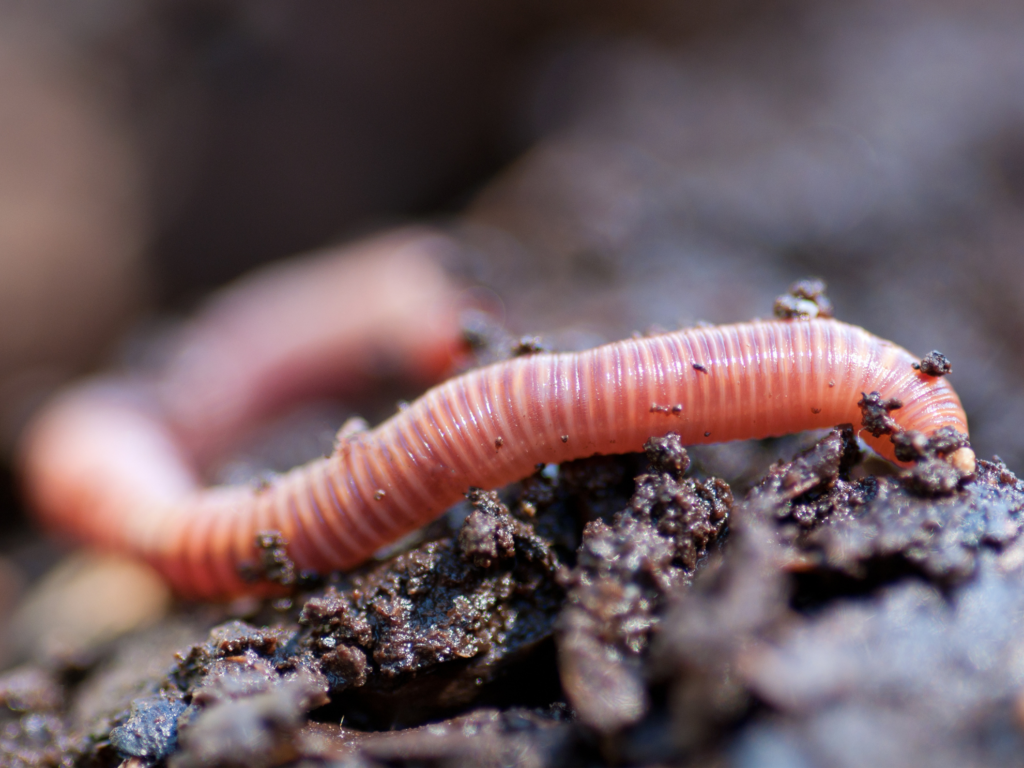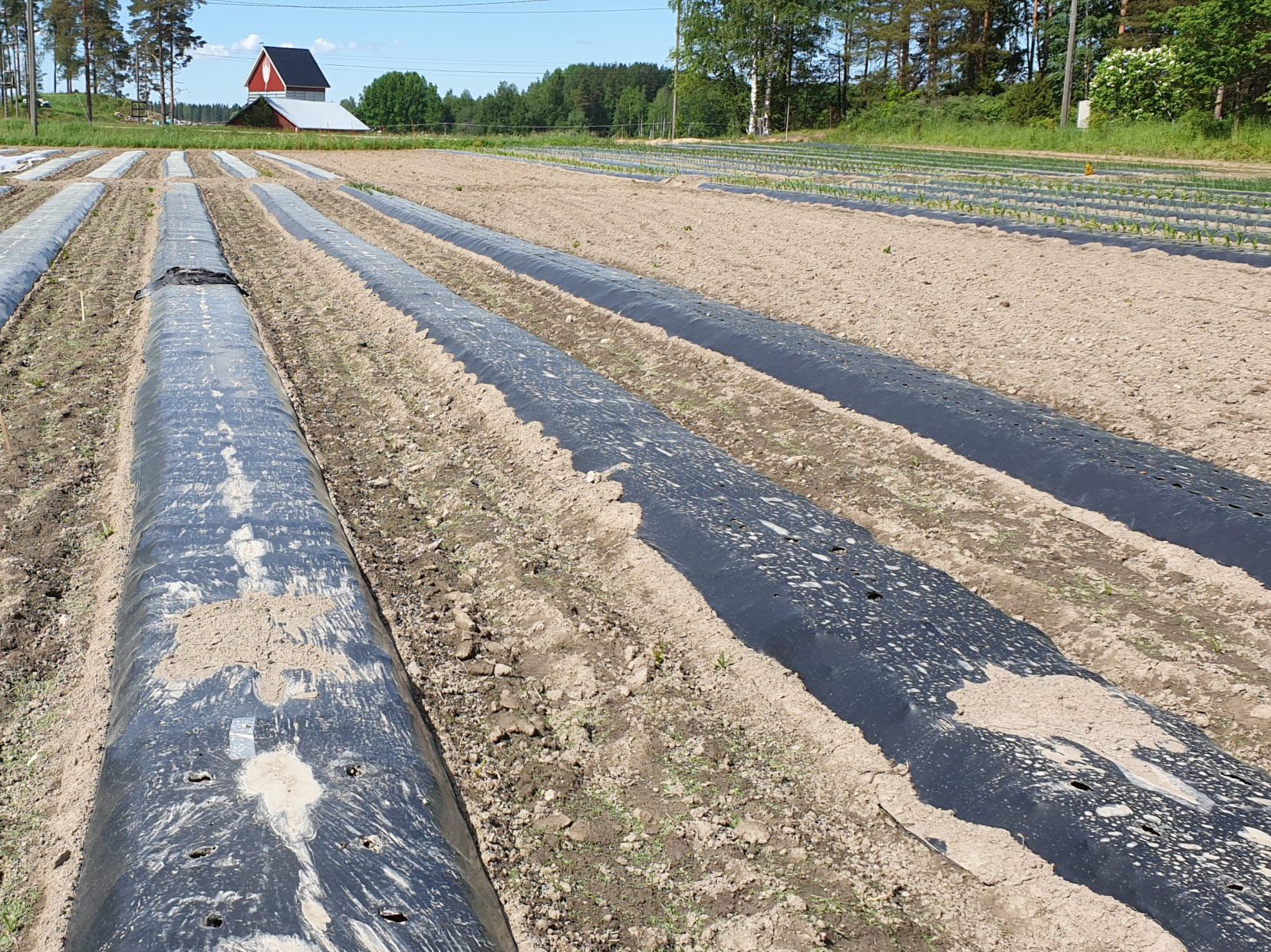The Project
PAPILLONS is the acronym for Plastic in Agricultural Production: Impacts, Life-cycle and LONg-term Sustainability
![]()
The majority of micro(nano)plastic research has been concentrated on the marine environment. Whilst the ocean represents an ultimate sink for contamination, this focus overlooked key processes and pathways of micro(nano)plastics in the terrestrial environment that are of critical importance for their global environmental budget and exposure of humans and biota. Lack of robust analytical methods for the isolation of these materials from complex, organic-rich soil matrices represent a major hindrance. Regardless, soils in agricultural and urban areas are expected to represent major environmental reservoirs of micro(nano)plastics, possibly comprehensively larger than the marine one. Additionally, soils exhibit several potential exposure pathways for micro(nano)plastics to organism and human health, including contamination of groundwater aquifers.

Plastic is an important commodity in farming, improving crop protection and performance. About 2 Mt polymers are converted to Agricultural Plastics (APs) annually in Europe. Between 3 and 4 Mt AP are currently in use in Europe, generating 1 Mt waste. Inventories of these materials’ usage, composition and handling are fragmentary.
Over one third is used for protected cultivation films (greenhouse, tunnel, covers and mulching films) and micro-irrigation systems. Silage, wraps and containers represent other important applications. During use and end-of-life some AP degrade and generate fragments including micro- and nanoplastics (MNPs) that can accumulate in soil on a transitory or permanent basis. The long-term impacts of this pollution are unknown.
Our goal is to study the sources, behaviour and ecological effects of micro- and nanoplastics in agricultural soils, resulting from the use of agricultural plastics. Our aim is to limit the existing knowledge gaps by our research and to become a “one-stop-shop” of easily digestible information on micro and nano plastics in particular, and on plastic pollution in agricultural soils in general.
WP1 – MNP properties and sources to farm soil
WP2 -Behaviour and transport
WP3 -Ecological effects
WP4 -Production and sustainability impacts
WP5 -Communication, dissemination, exploitation
WP6 -Project Management
Find out more of the concept of the work here!


© Salla Selonen, 2020
management of plastic waste
impacts on yield and profit
societal impacts
stakeholder interaction
impacts on agricultural productivity
use of agrochemicals
impact on agricultural practices
transport to freshwater & groundwater environments
fragmentation and ageing of plastic
impacts on soil invertebrates
impacts on soil microbiota
impacts on soil properties
impacts on plant production and health
behaviour in soil
release of chemicals
Soils may represent the largest global environmental reservoirs of micro(nano)plastic.
Soil systems have the potential to store micro(nano)plastics. There is a paucity of observational data due to methodological difficulties.